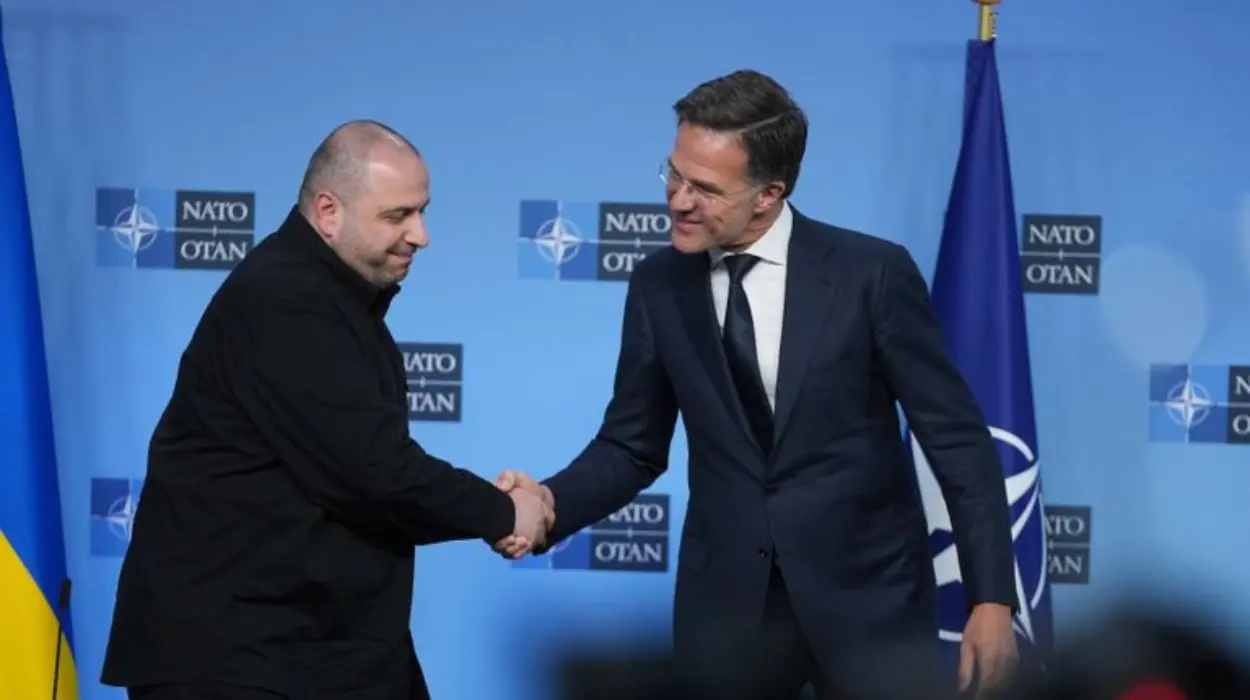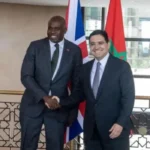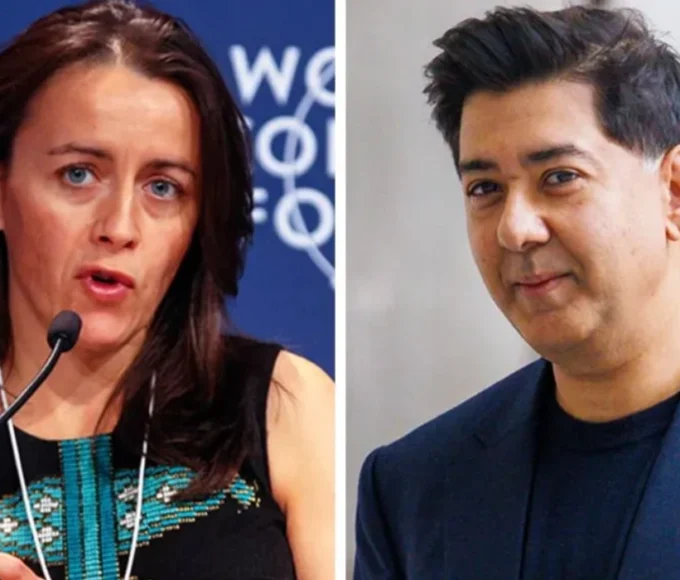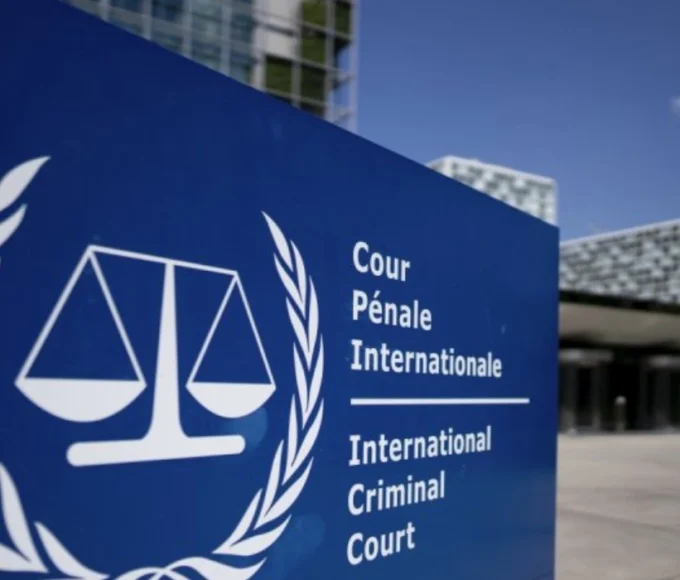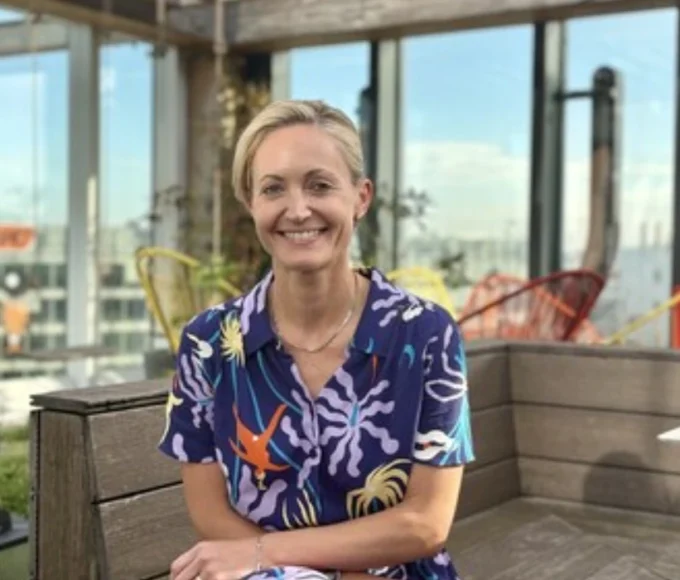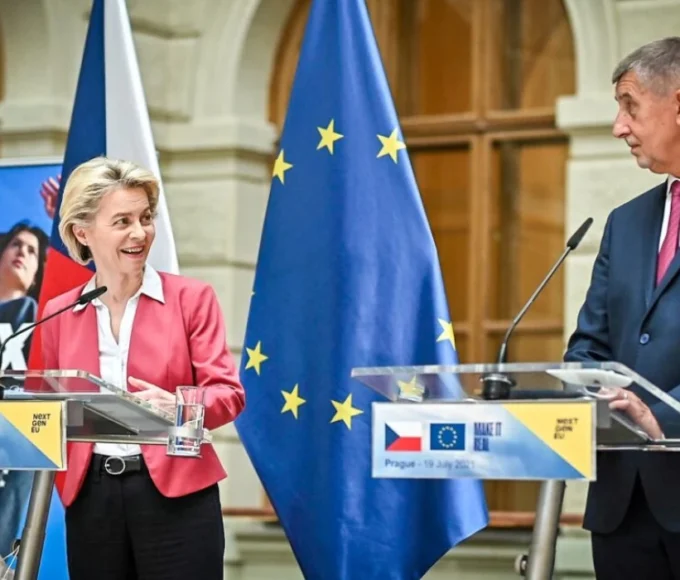The war in Ukraine continues to escalate as peace talks between Kyiv and Moscow yield limited progress, with prisoner exchanges agreed but no ceasefire in sight. Meanwhile, the UK has sent a firm message to Russian President Vladimir Putin by significantly boosting its defense capabilities, signaling a long-term commitment to supporting Ukraine. Ukrainian President Volodymyr Zelenskyy has issued a new ceasefire offer, emphasizing readiness for peace talks anywhere, but Moscow’s demands remain uncompromising. This article provides a detailed overview of recent developments, military actions, and diplomatic efforts shaping the conflict’s trajectory.
UK’s Strategic Response: Defense Spending Surge Sends Message to Putin
UK’s New Defense Posture and Spending Increase
In response to Russia’s ongoing aggression, the UK government has announced a substantial increase in defense spending, aiming to transform the country into a “battle-ready, armor-clad nation.” Prime Minister Keir Starmer unveiled plans to develop new nuclear-powered attack submarines and enhance military readiness for potential European conflicts, underscoring a shift towards a “NATO first” defense strategy. This move sends a clear signal to Putin that the UK and its allies are prepared to counter Russian threats with strength and resolve.
UK Officials Highlight Russia’s Escalating Drone Attacks
UK Defence Secretary John Healey described a “significant shift” in Russian tactics, with Moscow launching over 300 drones daily into Ukraine, inflicting civilian casualties and infrastructure damage. Healey reaffirmed the UK’s commitment to stand with Ukraine “for as long as it takes,” emphasizing that peace can only be achieved through strength and sustained support.
Ukraine-Russia Talks in Istanbul: Prisoner Swaps Agreed, Ceasefire Still Out of Reach
Key Outcomes of the Istanbul Negotiations
The latest round of talks held at Istanbul’s historic Ciragan Palace resulted in an agreement to exchange at least 1,000 prisoners of war and repatriate the bodies of approximately 6,000 deceased soldiers. However, the talks failed to produce any ceasefire agreement, with Russia rejecting Ukraine’s proposal for a full and unconditional 90-day ceasefire.
Ukrainian Defense Minister Rustem Umerov led Kyiv’s delegation and outlined Ukraine’s demands: a 90-day ceasefire, release of all prisoners, return of abducted Ukrainian children, and preparation for a leaders’ summit between Zelenskyy and Putin. Russia, however, proposed only a limited two-to-three-day truce in unspecified areas to retrieve bodies, while demanding Ukraine’s withdrawal from annexed territories and political concessions including regime change.
Moscow’s Conditions and Ukraine’s Response
Russia’s memorandum, presented during the talks, reiterates Kremlin demands for Ukraine to abandon NATO aspirations, demilitarize, and recognize Russian as an official language. These terms, widely rejected by Kyiv and its Western allies, are seen as attempts to impose regime change and undermine Ukraine’s sovereignty. Ukraine continues to study the memorandum but remains firm in its stance that peace requires a full ceasefire and respect for its territorial integrity.
Zelenskyy’s Ceasefire Offer and Readiness for Talks
President Zelenskyy has publicly expressed willingness to hold peace talks “any place” — including Istanbul, the Vatican, or Switzerland — starting as early as Monday. He stressed the importance of a ceasefire before talks begin, warning that without genuine will for de-escalation, any ceasefire would collapse immediately. Zelenskyy’s offer reflects Kyiv’s continued pursuit of diplomatic solutions despite ongoing hostilities.
Intensified Military Actions and Escalation Risks
Ukraine’s Deep Strikes Inside Russia
Ukraine has intensified military operations, including audacious drone strikes targeting Russian airbases across the Arctic, Siberia, and the Far East. These attacks reportedly damaged or destroyed over 40 Russian warplanes and critical infrastructure, including the Kerch Strait Bridge, which Ukraine struck for the third time since the full-scale invasion began.
Russia’s Territorial Gains and Frontline Advances
Despite Ukrainian resistance, Russian forces have made the fastest territorial gains of the year in May, capturing approximately 538 square kilometers—almost three times the area seized in April. Russia currently occupies around 115,432 square kilometers of Ukraine, roughly 20% of the country, including Crimea annexed in 2014. Moscow is advancing on key cities in northeast Ukraine, increasing the risk of escalation.
International Reactions and Calls for Support
Ukraine’s chief of staff, Andriy Yermak, has been actively engaging with US and UK officials to strengthen air defense support and discuss prisoner exchanges and abducted children. He emphasized Ukraine’s efforts to achieve peace and called for additional sanctions on Russia due to Moscow’s refusal to cease hostilities.
Diplomatic and Strategic Implications
The ongoing stalemate in peace talks, combined with intensified military operations, underscores the complexity of resolving the Ukraine conflict. Russia’s insistence on territorial and political concessions clashes with Ukraine’s demands for sovereignty and security guarantees. The UK’s defense spending boost and Western support for Ukraine signal a long-term commitment to countering Russian aggression.
While prisoner exchanges offer a rare point of cooperation, the absence of a ceasefire and Moscow’s harsh demands suggest the war could continue for months or years. The international community remains watchful, as any miscalculation risks further escalation, including potential nuclear threats highlighted by Russia’s rhetoric following Ukrainian strikes on strategic targets.
The Ukraine war remains at a critical juncture. The UK’s robust defense posture and Zelenskyy’s renewed ceasefire offer reflect a dual approach of strength and diplomacy. However, Moscow’s uncompromising stance and recent battlefield advances complicate prospects for peace. As prisoner swaps proceed, the world watches closely for signs of genuine negotiation or further escalation in this protracted conflict.
Keywords: Ukraine war latest, UK defense spending, Zelenskyy ceasefire offer, Ukraine-Russia talks, prisoner exchange Ukraine Russia, Russia Ukraine conflict 2025, Russian drone attacks Ukraine, Ukraine military strikes Russia


